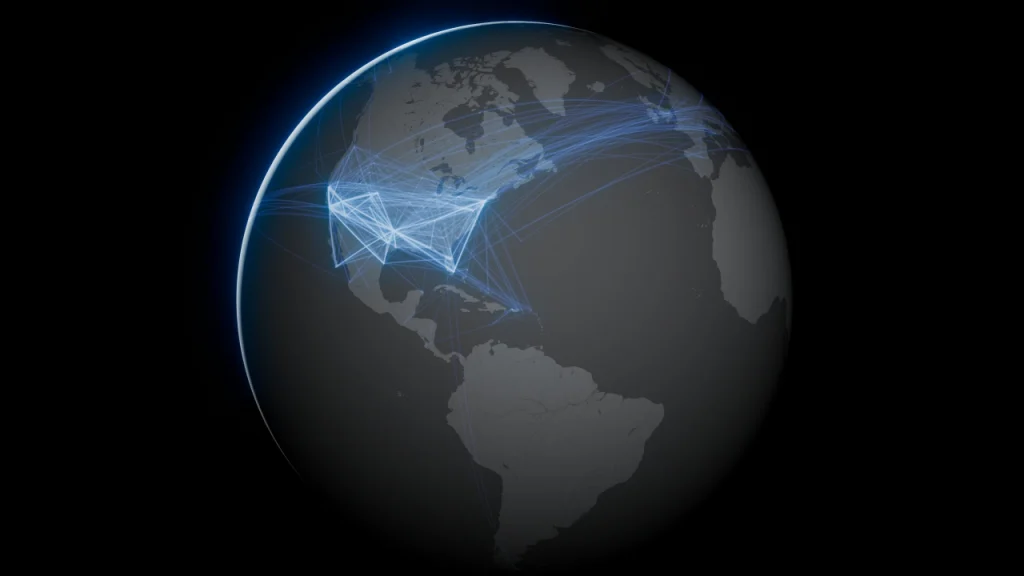- Community oversight is essential for credible NomCom formation
- Stakeholders must guard against personal overreach and leadership void
Afrinic’s collapse demands community-driven NomCom
AFRINIC has operated under a court-appointed receiver since 2022 following a prolonged governance crisis. The June 2025 board election was annulled over a procedural dispute, despite broad community participation and valid voting outcomes. This incident illustrates how vulnerable AFRINIC’s systems have become and why restoring trust through a legitimate Nomination Committee (NomCom) is critical.
As AFRINIC lacks a functioning board, the responsibility to shape a transparent NomCom should fall to local members, ISPs, and civil society. Hoqwever, the Official Receiver, Gowtamsingh Dabee, has taken the decision to nominate all NomCom members himself. Without direct community involvement, the NomCom is at risk of bias and unbalanced representation. Community-led NomCom formation is now the only credible option to reset stable governance.
Cloud Innovation pushes for reform while Lindqvist raises concern
Cloud Innovation, AFRINIC’s third-largest member, has publicly called for AFRINIC to be dissolved, arguing that the registry’s election rules are unworkable and democratic processes are impossible under current conditions. It insists that a community-authorised NomCom is essential to ensure future governance is representative, fair, and resistant to manipulation.
At the same time, Kurt Lindqvist, CEO of ICANN, has personally intervened by sending letters expressing concern about AFRINIC’s election process. While framed as support for transparency, Lindqvist’s direct involvement—as an individual rather than through ICANN’s multistakeholder process—has prompted worries of overreach. NomCom must remain a product of regional consensus, not external personalities.
Also read: Cloud Innovation calls for AFRINIC wind-up after ‘impossible’ election standards
Also read: EXPOSED: The letter that reveals who was really benefitting from AFRINIC’s lawsuits
Criteria must reflect integrity and independence
To avoid replicating past failures, the NomCom must be composed of individuals with no links to AFRINIC’s discredited leadership. Members should be drawn from diverse stakeholder groups including underrepresented ISPs, civil society organisations, and experienced network operators. This structure offers the best defence against institutional collapse and paves the way for functional leadership selection.
While Cloud Innovation’s call for a structural reset is grounded in valid concerns, it too must respect the community’s prerogative. Personal influence—whether from high-profile litigants or global executives like Lindqvist—must be limited. True independence means NomCom cannot serve as a proxy for any one party’s agenda, but instead reflect Africa’s technical and operational consensus.
NomCom autonomy is the foundation of African internet governance
A legitimate NomCom is the last standing pillar of AFRINIC’s broken structure. With board authority suspended and elections invalidated, the committee’s formation is where recovery must begin. Community-led selection is not just preferable—it is essential for restoring credibility and enabling any future governance framework to succeed.
If Kurt Lindqvist continues to personally weigh in on AFRINIC’s internal processes, the community must push back to preserve bottom-up internet governance. This principle is foundational to Africa’s digital future. Only by safeguarding NomCom from personal intervention can the region begin to reclaim control over its IP resource management and governance destiny.

